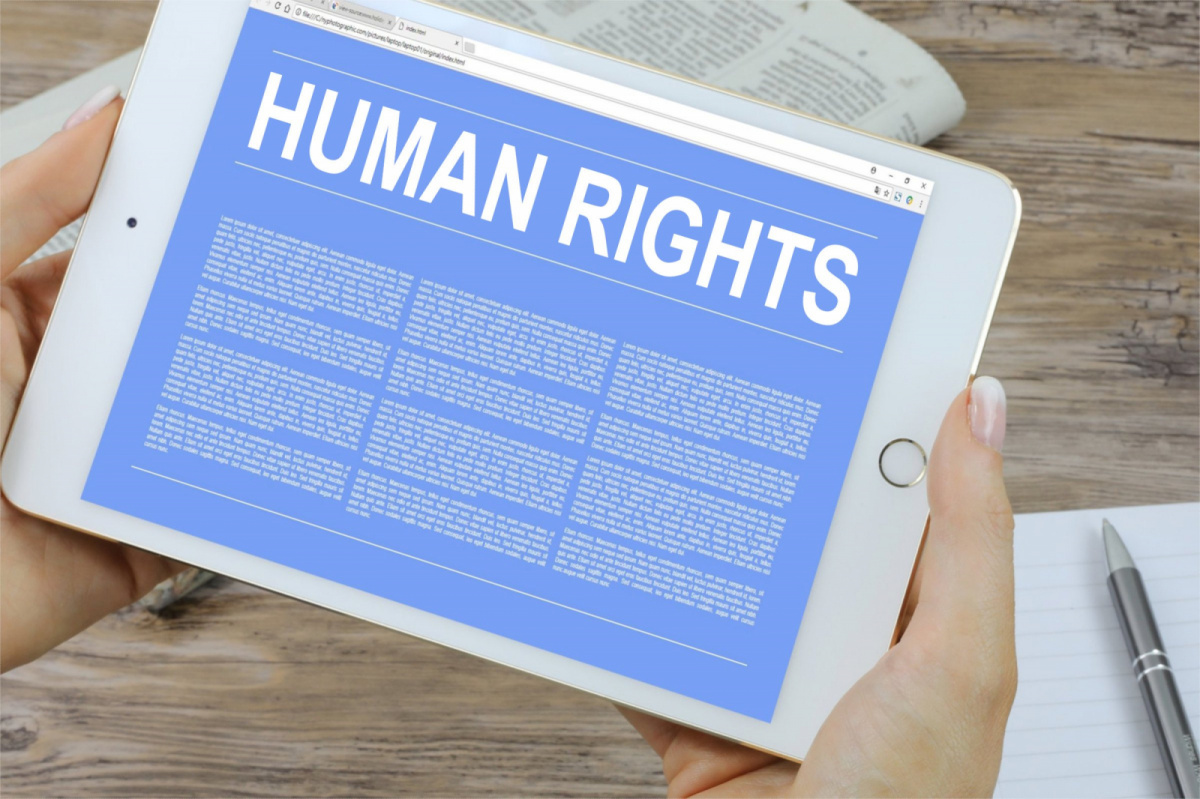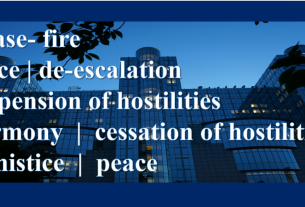In a move that has sparked widespread criticism, Pakistan’s government has faced backlash from journalists, human rights groups, and even members of its own political allies over recent amendments to the country’s cybercrime law. The controversial changes to the Pakistan Electronic Crimes Act (PECA), passed in January 2024, have drawn concern for their potential to curb freedom of expression and criminalize dissent, with many arguing that the amendments could have serious implications for free speech in Pakistan.
While the Pakistan People’s Party (PPP) had supported the initial passage of the bill in the National Assembly, even its Human Rights Cell has raised concerns about the lack of consultation with relevant stakeholders. Journalists and media organizations, including the Pakistan Federal Union of Journalists (PFUJ) and the Pakistan Broadcasters Association (PBA), have condemned the amendments, claiming that they disproportionately target not only social media platforms but also digital content across print and electronic media, particularly content that criticizes the government or its institutions.
A joint statement issued by a coalition of media bodies, including the Association of Electronic Media Editors and News Directors (AEMEND) and the Council of Pakistan Newspaper Editors (CPNE), criticized the government for breaching promises of transparency and for hastily passing the bill without stakeholder input. The coalition has pledged to challenge the amendments in court and initiate a nationwide protest against the law, which they believe disproportionately criminalizes dissent.
The amendments include an expanded definition of unlawful content, encompassing “fake or false information” and content that makes negative remarks about constitutional institutions or their officers. This, according to critics, poses a grave threat to press freedom and could lead to increased censorship and the suppression of independent voices.
Jason Pielemeier, executive director of the Global Network Initiative, expressed concern that the rushed approach to amending PECA risks undermining Pakistan’s international commitments, particularly its obligations under the International Covenant on Civil and Political Rights (ICCPR), which guarantees freedom of expression. Pielemeier called on the government to reconsider its position and engage in an open and transparent consultation process with stakeholders to address concerns.
Despite the growing criticism, the PPP, which initially backed the law, has faced internal divisions over the amendments. Farhatullah Babar, the PPP Human Rights Cell President, condemned the increased powers granted to intelligence agencies and the executive, warning that these changes could give the government sweeping control over both the content being shared and the platforms used to share it.
As Pakistan moves forward with the amendments, the call for a more inclusive and transparent decision-making process is gaining traction, with advocates for free speech urging the government to revisit the law’s provisions before they lead to further curtailment of fundamental rights.



